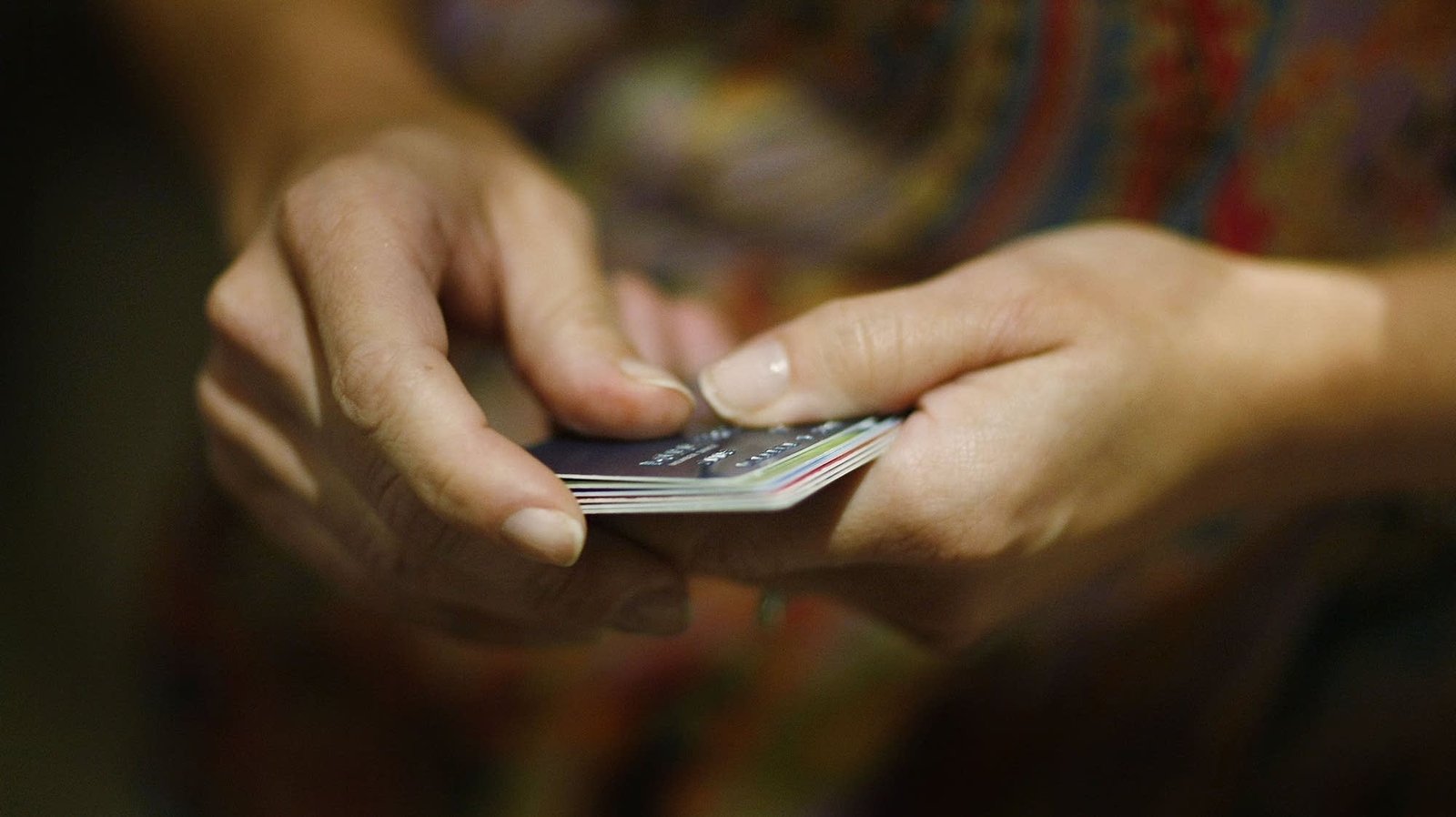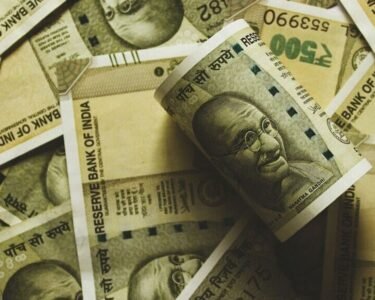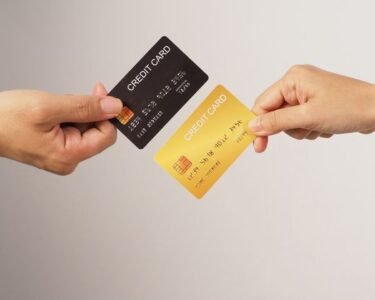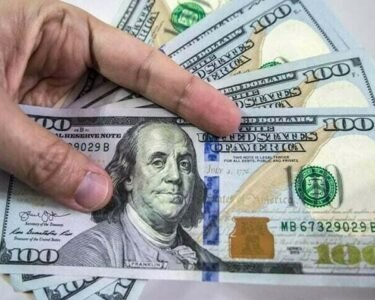Consumers surveyed by the University of Michigan within the last month were more pessimistic about the economy than they were in April. Its index of consumer sentiment is down 30% since January.
That mostly reflects fears about where the economy is headed in the near future, but there are plenty of signs that those fears are starting to affect consumer behavior today. Retail sales in April, for example, were flat from the month before, and many consumers are thinking twice about taking on debt.
The accounting company KPMG did its own survey last month asking consumers how they feel about borrowing. Folks were not enthusiastic.
“Two-thirds of consumers that responded to the survey have a low appetite to take on more credit,” said Meagan Schoenberger, senior economist with KPMG Economics.
The survey found that people are nervous about the economy — especially after inflation and (you might’ve guessed it) all of the uncertainty around tariffs.
Schoenberger said that many people bought a bunch of stuff ahead of the tariffs, which actually caused consumer credit to pick up in March.
“But it means that later on, you might see a lot lower credit utilization because you’ve already maxed out your credit cards or utilized all the available credit headspace that you have,” she said.
Another reason people are shying away from credit is that many are having trouble paying off their debt.
“Particularly, it skews to lower middle-income, lower-income households,” said Kathy Bostjancic, chief economist at Nationwide.
Many of those households are feeling overextended, she said. “And they are pulling back, because, one, they’re late with their payments. Plus, they’re worrying about the economic outlook over the next six to 12 months, and they’re worried prices will go up more.”
Lenders haven’t been all that enthusiastic about credit, either. A Federal Reserve survey of banks in April found that many have tightened standards on credit card loans.
“They’re also looking at the balance sheet of consumers, which has shown some signs of deterioration, and that’s factoring into probably just how willing they are to make consumer loans today,” said Shannon Grein, an economist at Wells Fargo.
Grein said she expects demand for credit to keep slowing down this year but doesn’t expect it to collapse. The reason? People will need to keep borrowing if the broader economy cools off.
“The labor market’s slowing, that’s causing income growth to slow, so I do think that consumers are going to continue to rely on credit in order to spend,” Grein said.
It would take a big pickup in unemployment, she added, for credit demand to really dry up.




